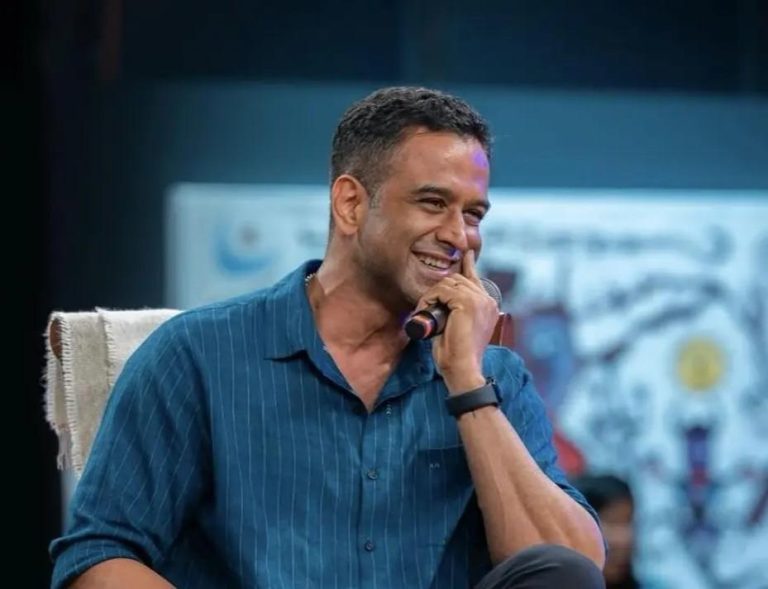
Parliamentary Standing Committee on IT Asks Govt to Review Laws Over Allahbadia’s Remark
The controversy surrounding YouTuber Ranveer Allahbadia’s remarks on the show ‘India’s Got Latent’ has taken a new turn, with the Parliamentary Standing Committee on IT calling for a review of existing media-related laws to curb controversial content. The committee, comprising members of Parliament, has requested the Information and Broadcasting Ministry (MIB) to submit a note on the amendments required in the existing laws.
The controversy erupted after Allahbadia made “vulgar remarks” during a recent episode of ‘India’s Got Latent’, a popular web series. The remarks were widely criticized by many, including members of the parliament, who felt that they were “inappropriate” and “unacceptable”. In response, the police filed FIRs against Allahbadia and others involved in the production of the show.
The Parliamentary Standing Committee on IT, which is responsible for overseeing the country’s IT sector, has taken a strong stance on the issue. In a recent meeting, the committee members voiced their concerns over the “vulgar remarks” made by Allahbadia and the need for stricter regulations to prevent such incidents in the future.
“We are not against freedom of speech, but we are against vulgarity and indecency,” said one of the committee members. “In today’s digital age, it is essential that we have laws in place to regulate the content that is being shared online. The MIB should take immediate action to review the existing laws and ensure that they are effective in preventing the spread of controversial content.”
The committee’s decision to review the laws comes at a time when the Indian government is already facing criticism over its handling of online content. In recent years, there have been several instances of social media platforms being used to spread hate speech, fake news, and other forms of online harassment.
The government has taken several steps to address these concerns, including the introduction of the Information Technology (Intermediary Guidelines and Digital Media Ethics Code) Rules, 2021. The rules require social media platforms to take down content that is deemed to be “hateful” or “abusive”, and also require them to appoint a grievance officer to handle complaints.
However, despite these efforts, the problem of online harassment and hate speech continues to persist. The controversy surrounding Allahbadia’s remarks has highlighted the need for stricter regulations and greater accountability from social media platforms.
The MIB has been asked to submit a note on the amendments required in the existing laws to curb controversial content. The committee has also asked the ministry to provide details on the steps being taken to regulate online content and prevent the spread of hate speech.
In a statement, the MIB said that it would take all necessary steps to ensure that the laws are effective in preventing the spread of controversial content. “The government is committed to ensuring that the internet is used for the benefit of society, and not for spreading hate speech or other forms of online harassment,” said a ministry spokesperson.
The controversy surrounding Allahbadia’s remarks has also raised questions about the role of social media platforms in regulating online content. Many have argued that the platforms have a responsibility to take down content that is deemed to be “hateful” or “abusive”, and that they should be held accountable for any harm caused by their failure to do so.
The issue has also sparked a wider debate about the need for greater regulation of the internet and social media. While some argue that the government should take a more active role in regulating online content, others argue that this would be a violation of the right to free speech.
As the controversy surrounding Allahbadia’s remarks continues to unfold, it is clear that the issue of online content regulation is a complex one that requires careful consideration. The government and social media platforms must work together to ensure that the laws are effective in preventing the spread of hate speech and other forms of online harassment, while also protecting the right to free speech.
In conclusion, the controversy surrounding Allahbadia’s remarks has highlighted the need for stricter regulations and greater accountability from social media platforms. The Parliamentary Standing Committee on IT has taken a strong stance on the issue, calling for a review of the existing laws to curb controversial content. The government and social media platforms must work together to ensure that the laws are effective in preventing the spread of hate speech and other forms of online harassment, while also protecting the right to free speech.






